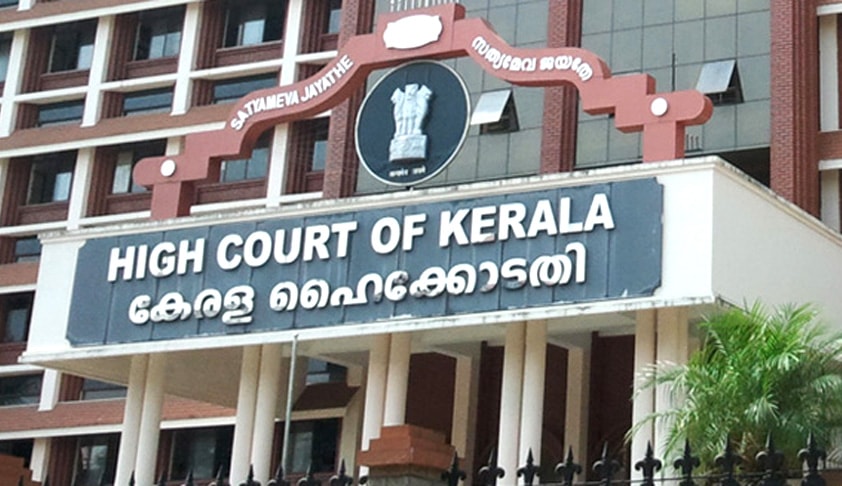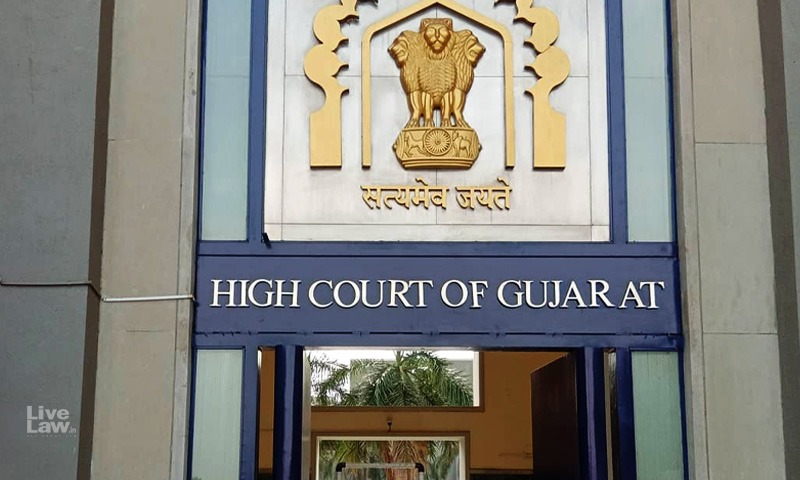M. Wahajuddin, J.@mdashThe applicant, who happened to be the complainant, has come forward with a prayer that the order dated 23rd August, 1980, passed by the Munsif Magistrate, Dehradun, in Criminal Case No. 1269 of 1980 and the order dated 11-12-1980 passed by the Sessions Judge, Dehradun, in Criminal Revision No. 75 of 1980 be both quashed and the Magistrate may be directed to decide the case on merits after recording further evidence.
2. It would appear that a complaint was filed by the applicant against the opposite parties Under Sections 454, 380 and 406, IPC, and the accused persons concerned were summoned under the former two sections. 23rd August, 1980, was fixed for evidence u/s 244, Code of Criminal Procedure when the case was called the complainant and his counsel were both absent and the Magistrate dismissed the complaint for want of evidence. The revisional Court held that actually the dismissal was u/s 256, Code of Criminal Procedure, amounting to acquittal. It further rejected the complainant''s contention that the complaint could not have been dismissed in the early hours and the revision was thus, rejected.
3. The first point that would arise for consideration is whether the dismissal of the complaint was u/s 256, Code of Criminal Procedure, or u/s 244, Code of Criminal Procedure. I may refer to the provisions contained in Section 244, Code of Criminal Procedure. It is not disputed that the accused persons had put in appearance. Section 244(1) Code of Criminal Procedure, lays down when in any warrant case instituted otherwise than a police report, the accused appears or is brought before a Magistrate, the Magistrate shall proceed to hear the prosecution and take all such evidence as may be produced in support of the prosecution. Section 245 Code of Criminal Procedure, then lays down that if upon taking of the evidence referred to in Section 244 Code of Criminal Procedure, the Magistrate, for reasons to be recorded, finds that no case has been made out, the Magistrate shall discharge the accused persons.
4. The present case happened to be a warrant case, in which appearance of the accused persons had been secured. When that is the position, Sections 244 and 245, Code of Criminal Procedure, would be attracted.
Section 256, Code of Criminal Procedure, runs as follows:
256(1). If the summons has been issued on complaint, and on the day appointed for the appearance of the accused, or any day subsequent thereto to which the hearing may be adjourned, the complainant does not appear, the Magistrate shall, notwithstanding anything herein before contained, acquit the accused, unless for some reason he thinks it proper to adjourn the hearing of the case to some other day.
Provided where the complainant is represented by a pleader or by the officer conducting the prosecution or where the Magistrate is of opinion that the personal attendance of the complainant is not necessary, the Magistrate may dispense with his attendance and proceed with the case.
(2) The provisions of Sub-section (1) shall, so far as may be, apply also to cases where the non-appearance of the complainant is due to his death.
5. That section deals with summons cases. In fact, in such cases the order of discharge is to operate as an order of acquittal, which will not be the position with warrant case, where if orders are passed before charge is framed it will simply amount to an order of discharge and will not operate as an order of acquittal. I, therefore, hold that the Sessions Judge hearing the revision is wrong in holding that the order passed by the Magistrate is covered u/s 256, Code of Criminal Procedure.
6. I next proceed to examine whether the impugned order is bad or illegal. The first point that has been urged is that complaint could not be dismissed in the early hours. Reliance in that connection is placed upon the case of Ram Narain v. Moot Chand 1960 AWR 597, in which Hon''ble A.N. Mulla, J., observed that the order of acquittal should be passed at the end of the day. The learned Judge dissented from the Madras ruling of a Division Bench reported in Tonkya v. Jagannath AIR 1926 Mad. 1009 . Reliance was further placed in that case upon the case of
7. A perusal of the order sheet in this case (annexure '' 1 '') would show that the case was called repeatedly and none for the complainant was present, while the accused persons were present, and the case was passed over with a direction that it may again be called at 11.00 A.M. The second order Is that the case was later again called repeatedly, but none appeared for the complainant and no evidence u/s 244, Code of Criminal Procedure was produced and in such situation the complaint has to be dismissed for want of evidence in support. It was then further ordered that the complaint is dismissed. From a perusal of this order it is fully clear that actually the complaint has been dismissed u/s 245, Code of Criminal Procedure which runs as follows:
245. (1) If, upon taking all the evidence referred to in Section 244, the Mgistrate considers, for reasons to be recorded, that no case against the accused has been made out which, if unrebutted, would warrant his conviction, the Magistrate shall discharge him.
(2) Nothing in this section shall be deemed to prevent a Magistrate from discharging the accused at any previous stage of the case if, for reasons to be recorded by such Magistrate, he considers the charge to be groundless.
As a reference to Section 244 has been expressly made and further as it has also been stated that the complaint is dismissed for lack of evidence in support, the order amounts to an order of discharge u/s 245, Code of Criminal Procedure, and not a dismissal within the meaning of Section 249, Code of Criminal Procedure. It is also not that the Court did not exercise its mind and did not consider whether there is evidence against the accused. On the contrary, gist of the order is that there is no evidence in support as to imply that no case for charge against the accused persons has been made out.
8. There is a controversy regarding the timing at which the complaint was dismissed. The opposite side has given counter-affidavit that actually it was dismissed near about 12.45 in the day, though the applicant has reiterated his earlier stand that it was dismissed at 11 A.M. Whatever be the position, one thing is certain, namely, that the complaint was not dismissed in haste or hurry, but on the contrary after calling the case repeatedly twice at intervals. In the circumstances, in the light of the observation made in the case of Naresh Prasad (supra) the Magistrate has acted reasonably upon the facts of this case and no interference is to be made.
9. It is no doubt stated in the application that the complainant''s witnesses were persent in the Court, but that has been controverted in the counter-affidavit. So there is oath against oath and had witnesses of complainant been really present, that point would have also been urged during arguments in revision, which does not appear to be the case, and in the circumstances the applicant''s present averment appears to be an after thought.
10. The applicant has also not explained even here as to whether he, at all, came to Court on that date and what prevented him from coming earlier in time. Even any application before the Magistrate does not appear to have been preferred on that date. In fact, the affidavit is silent on the point. That being the position, this Court will not exercise its ''inherent power in favour of the applicant.
11. In the result, the application is dismissed with a further observation that the impugned order of the Magistrate amounts to a discharge u/s 245, Code of Criminal Procedure, and not to an acquittal as held by the revisional Court u/s 256, Code of Criminal Procedure.

